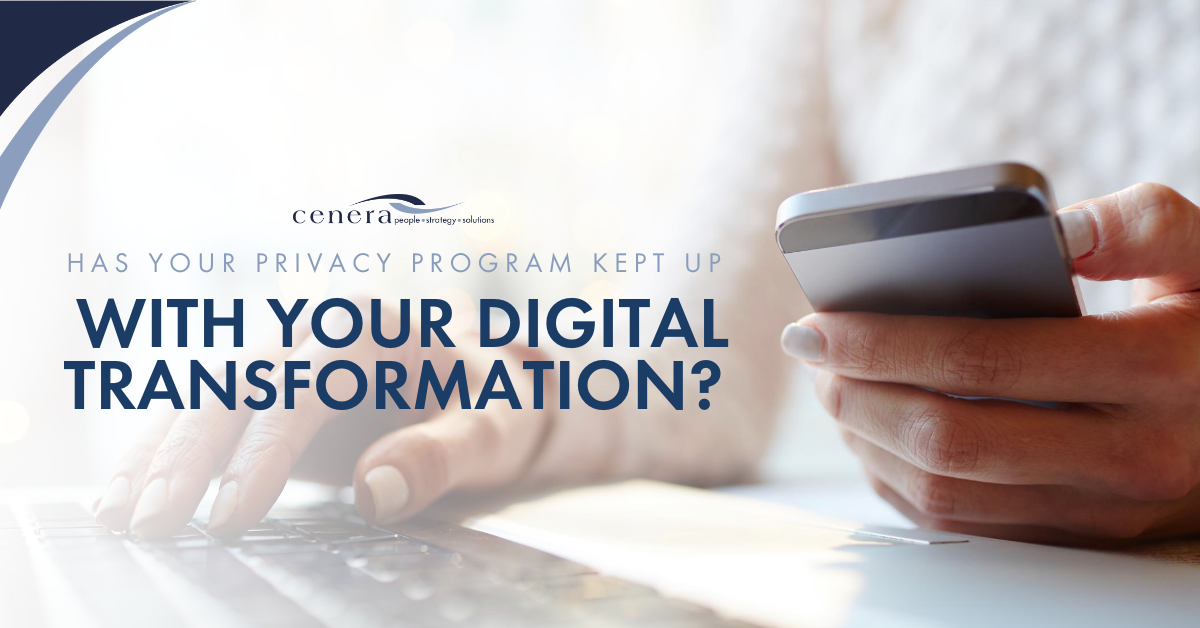
Managing and Conducting Workplace Investigations Fairly
While employers may be aware of their obligation to take workplace complaints seriously, uncertainty persists around investigating allegations of misconduct properly and fairly. In this blog, we shed some light on how “fairness” is defined and understood in the context of a workplace investigation and key takeaways that will help employers conduct smarter investigations that are both legally compliant and fair.

Has Your Privacy Program Kept Up With Your Digital Transformation?
To get back to business amid the pandemic, organizations everywhere underwent a massive digital transformation, which allowed vital business operations to continue but also introduced new risks. When organizations treat privacy concerns as secondary issues, mistakes happen. Privacy mistakes are not particularly forgiving, often resulting in regulatory scrutiny, fines, lawsuits and reputational damage.

Research: 3 Biases That Shape Decision-Making During A Crisis
Implicit bias, also known as unconscious bias, can have a significant impact on decisions in all areas of life, especially in the workplace, and especially in times of crises. Organizational leaders have a responsibility to remain objective when making important decisions. Check out this Harvard Business Review survey of CEOs from 2020 to learn about how implicit biases affect behaviour and decisions made during periods of high-stress and high-uncertainty.

Turning Downtime into Privacy Time
During the summer months, when colleagues and clients are on holidays and work is slower, it’s the perfect time to prioritize and strengthen your information and privacy management program. Have your privacy policies kept up with the digital transformation and new ways of working? Avoid risk and build the importance of privacy into your organizational culture, values system and day-to-day practices.

When Work and Privacy Collide: Why Good Leaders Trust Their Employees
While it is typical and prudent for organizations to intentionally design structures and policies intended to mitigate risk, when it comes to trust in the workplace, is being too risk-averse actually a detriment? Just because you can monitor employees, does it mean you should? A healthy workplace culture requires truth and Cenera can help find that balance.

Is Your Remote Workplace Toxic?
Toxic and harassing behaviour can extend far beyond physical, in-person interactions. Workplaces that are decentralized, isolated or remote are at a higher risk of harassment. Some employees may become desensitized in a remote environment, thinking they can say and do anything, regardless of workplace policies and behaviour expectations. Find out the red flags.
